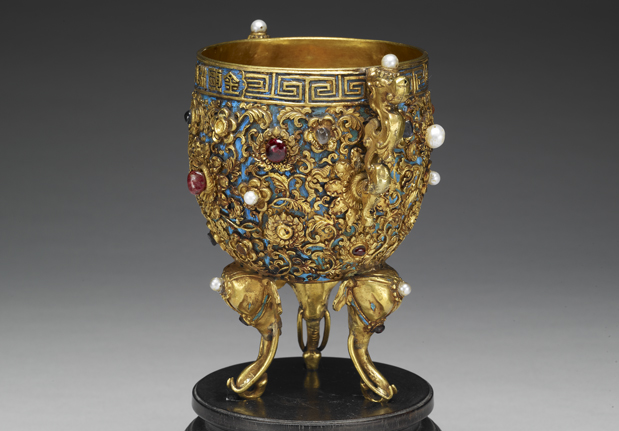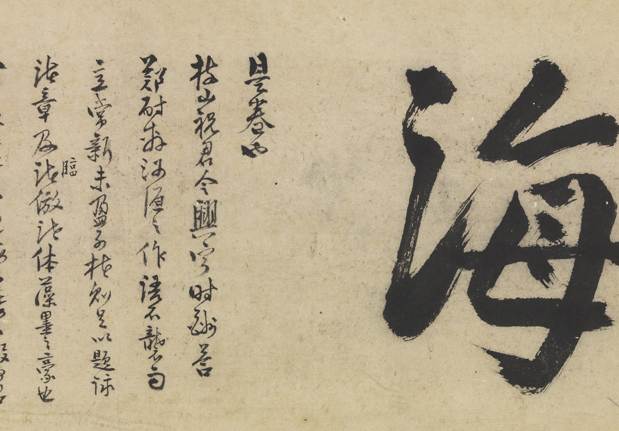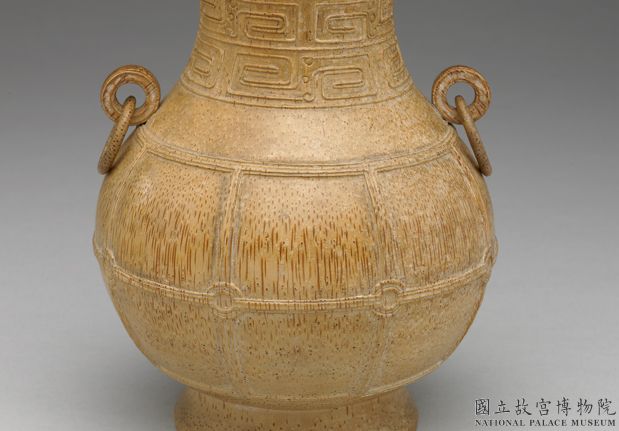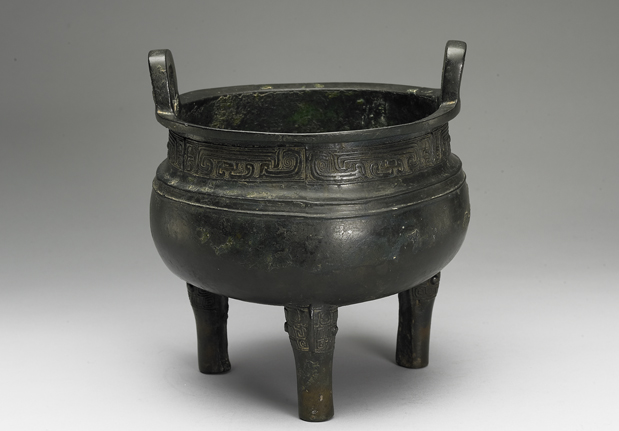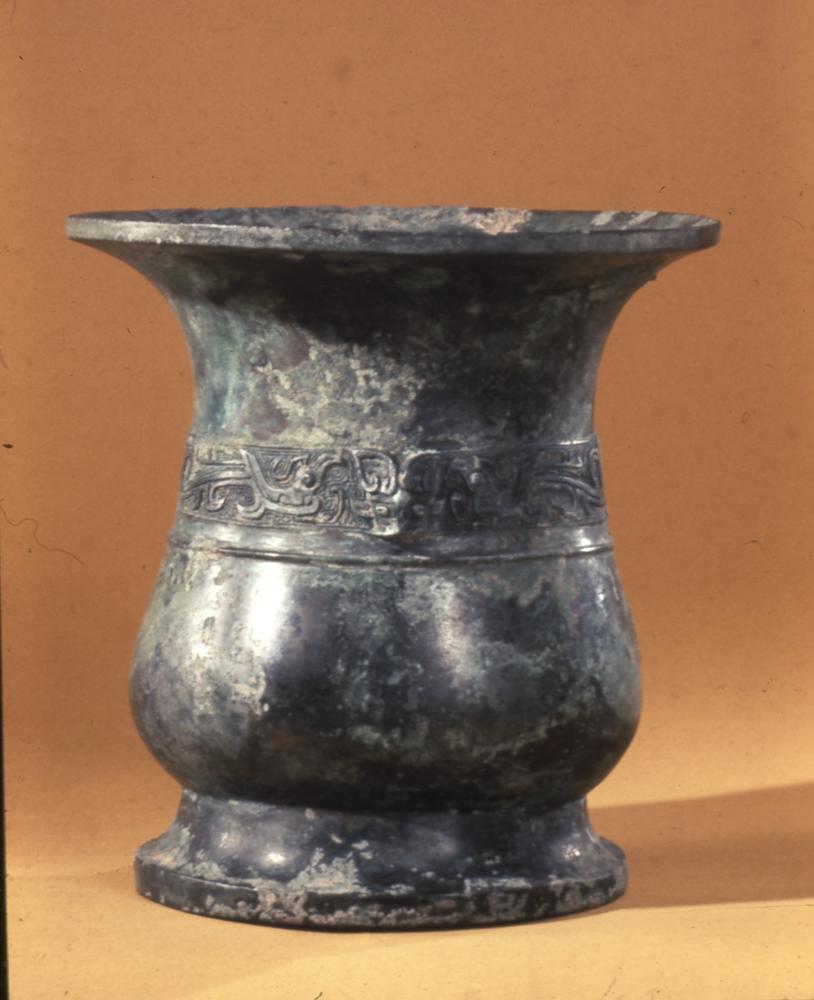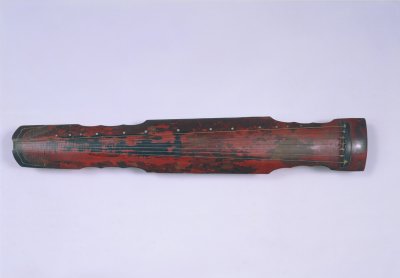Period:Ming dynasty Production date:1573-1620 (circa)
Materials:stoneware
Technique:glazed, slipped, fahua,
Subjects:leaf
Dimensions:Diameter: 19 centimetres Height: 9.70 centimetres
Description:
Stoneware bowl with ‘fahua’-type decoration. Similar to BM 1947.0712.240, this bowl has rounded sides and an inverted mouth with a thickened rim and recessed base. It is white-slipped and decorated in ‘fahua’ style with a fugitive turquoise glaze inside, and outside it has a design of lotus flower, leaf and bud which is repeated three times in trailed slip infilled with turquoise, green and yellow on an aubergine ground over a low-fired stoneware clay body.
IMG
![图片[1]-bowl BM-Franks.196.+-China Archive](https://chinaarchive.net/Ming dynasty/Ceramics/mid_00272733_001.jpg)
Comments:Harrison-Hall 2001:Bowls of this type were not meant to be used for eating from but are ornamental, probably for containing water or for burning incense. Other bowls of this type are in the Metropolitan Museum of Art, New York, the Nezu Museum of Art, Tokyo, and the Victoria and Albert Museum, London.Certain characteristics of this bowl indicate that it is a product of the late Ming era. Late sixteenth- and seventeenth-century turquoise glaze appears to have been applied thickly and to have a glossy appearance which earlier turquoise enamels lack. Shanxi colours tend to be thinner and more delicate than those applied in Jingdezhen, often flaking off completely.Compare with BM Franks.1309.
Materials:stoneware
Technique:glazed, slipped, fahua,
Subjects:leaf
Dimensions:Diameter: 19 centimetres Height: 9.70 centimetres
Description:
Stoneware bowl with ‘fahua’-type decoration. Similar to BM 1947.0712.240, this bowl has rounded sides and an inverted mouth with a thickened rim and recessed base. It is white-slipped and decorated in ‘fahua’ style with a fugitive turquoise glaze inside, and outside it has a design of lotus flower, leaf and bud which is repeated three times in trailed slip infilled with turquoise, green and yellow on an aubergine ground over a low-fired stoneware clay body.
IMG
![图片[1]-bowl BM-Franks.196.+-China Archive](https://chinaarchive.net/Ming dynasty/Ceramics/mid_00272733_001.jpg)
Comments:Harrison-Hall 2001:Bowls of this type were not meant to be used for eating from but are ornamental, probably for containing water or for burning incense. Other bowls of this type are in the Metropolitan Museum of Art, New York, the Nezu Museum of Art, Tokyo, and the Victoria and Albert Museum, London.Certain characteristics of this bowl indicate that it is a product of the late Ming era. Late sixteenth- and seventeenth-century turquoise glaze appears to have been applied thickly and to have a glossy appearance which earlier turquoise enamels lack. Shanxi colours tend to be thinner and more delicate than those applied in Jingdezhen, often flaking off completely.Compare with BM Franks.1309.
© Copyright
The copyright of the article belongs to the author, please keep the original link for reprinting.
THE END
